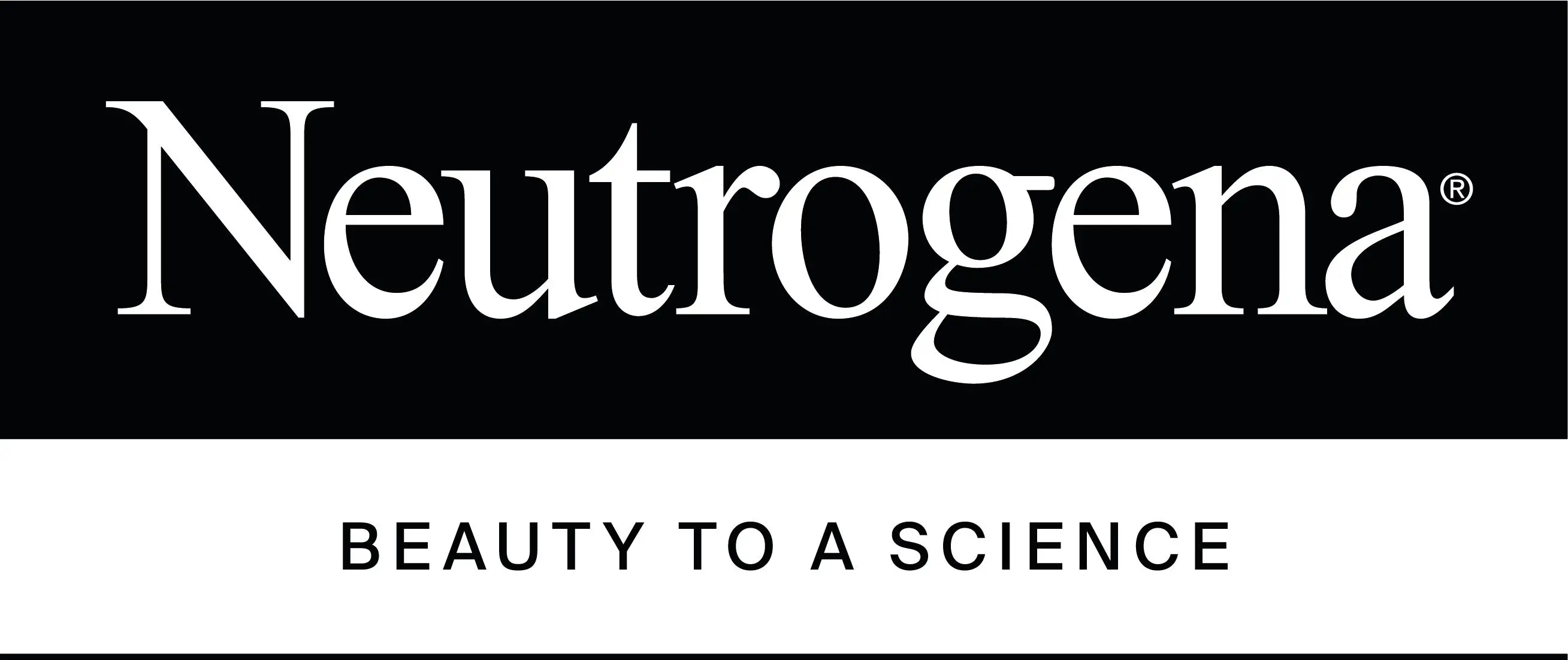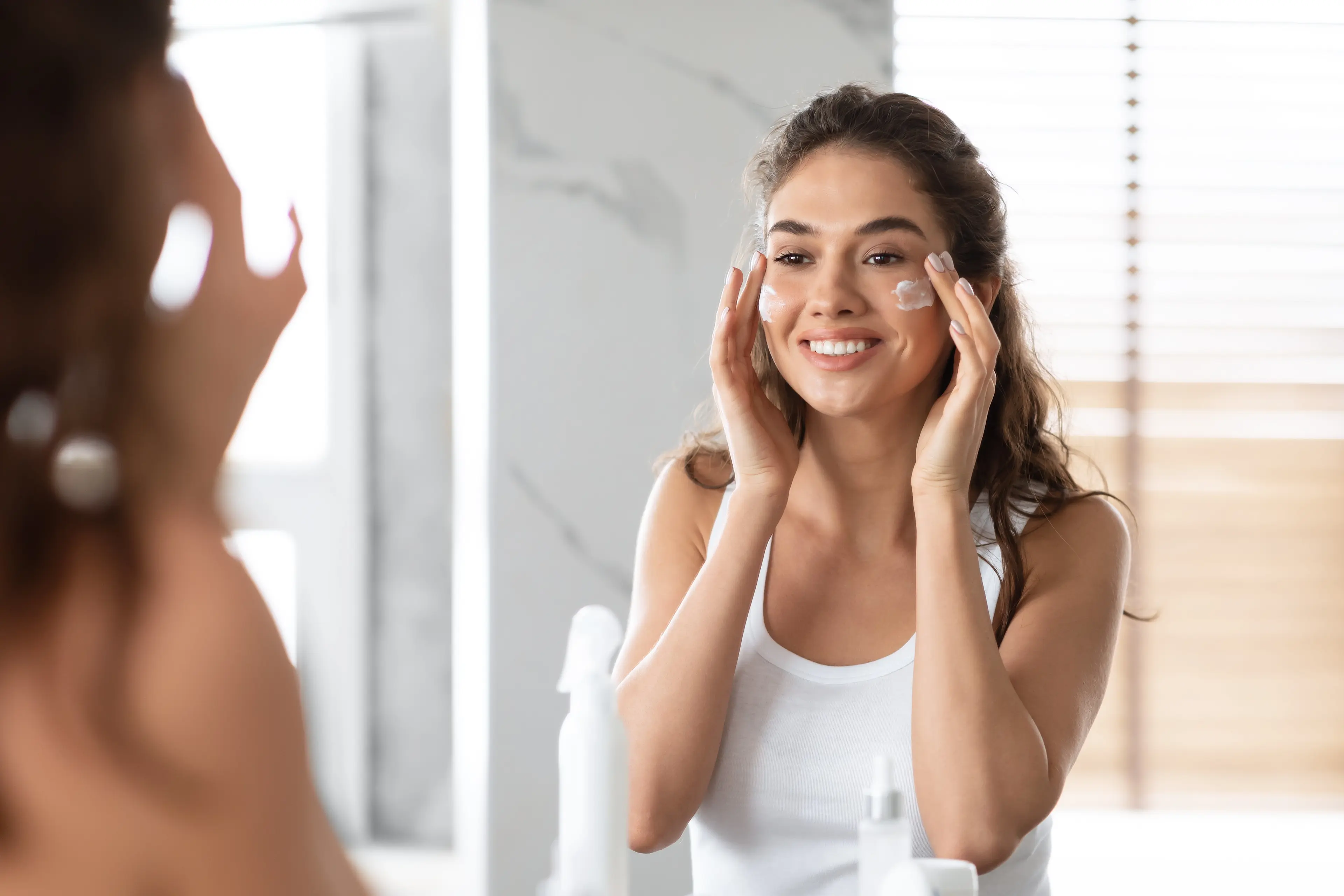While the names ‘face wash’ and ‘face cleanser’ might imply the same usage purposes, the two are actually not alike. In fact, face wash and face cleansers serve different purposes and clean the face to different degrees.
Before listing the differences between face wash and face cleansers, it is essential to define each.
What is a face cleanser?
A face cleanser is a product that is needed or used by people who want to eliminate dirt from their faces and keep them clean. As individuals, our faces are continuously exposed to environmental factors, accumulating dirt and oil, which might ultimately lead to Dermatitis Neglecta. As such, you typically use a cleanser to remove makeup, grime, and oils, especially before going to bed. Face cleansers do not have to be washed when applied to the face. They are non-foaming liquids.
What is a face wash?
A face wash is a liquid that is used to cleanse our faces instead of traditional soap. Many compounds have been produced to provide a more advanced alternative to soap cleaning our skin, particularly our faces. A face wash is a foamy solution that is used to remove deep-seated filth and grime, leaving you feeling fully clean and refreshed.
What are the main differences between a face cleanser and a face wash?
1 - Application According to Skin Type
The face wash is used when someone has oily sensitive skin and needs a deep clean to remove foreign items from the skin and breathing pores. For oily skin,the face wash is highly recommended because it dissolves and breaks down oil, grime, and dust that cleansers cannot remove.
The face wash is used when someone has oily, sensitive skin and needs a deep clean to remove foreign items from the skin and breathing pores. The face wash is highly recommended for oily skin because it dissolves and breaks down oil, grime, and dust that cleansers cannot remove.
Also check out Neutrogena’s best seller facewash for oily skin, here.
Cleansers, which have a hydrating and invigorating impact on the skin, are highly suggested for drysensitive skin. They have a hydrating impact on the skin, making it less sensitive. People who are exposed to pollution and wear cosmetics should use cleansers to protect their skin.
Also check out Neutrogena’s best seller face cleansers for dry and sensitive skin, here.
2- Texture & Foam Production
Face washes produce foam when used, which is necessary for keeping the face clean, hydrated, and rejuvenated. This is similar to the qualities of regular bathing soap, implying that the two items can be used interchangeably.
Face cleansers do not produce foam; thus, they do not provide a refreshing or moisturizing sensation. Their main goal is to get rid of deep-seated filth and grease. As a result, cleansers and soaps cannot be substituted for one another.
3 - Time of Usage
The optimal time to use the two products depends on an individual's activity.
In most cases, the face wash is used in the morning while you are getting ready for daily activities or work. Face cleanser, however, is essential in the evening before going to bed. You must remove the dirt accumulated for the day, as well as any makeup, before going to bed to refresh and cleanse your face
Also read: The Importance of Removing Your Makeup Before Going to Sleep, here.
4 - Gentleness
The face wash is believed to be softer than conventional bathing soap, which is why many individuals prefer to use face wash over regular soap to remove dirt from their faces after working in a dusty workplace.
On the other hand, a cleanser is milder than face wash ingredients and plain soap. Cleansers, it should be mentioned, provide thorough cleaning by eliminating all oils and other foreign particles from a person's face.
In conclusion, cleansers and face washes both work to remove excess oil and pollutants from your skin, but the additional advantages they bring are entirely dependent on your skin type. Face washes effectively cleanse and remove stubborn impurities from the skin, making them the best solution for oily and acne-prone skin. Cleansers are a gentler alternative for dry and sensitive skin types that help moisturize and nourish your skin.
References
Morgan, J. (2019, February 1). Difference Between Face Wash and Cleanser . Difference Between Similar Terms and Objects.
http://www.differencebetween.net/miscellaneous/fashion-beauty/difference...
https://www.webmd.com/skin-problems-and-treatments/acne/features/oily-skin
https://www.mayoclinic.org/diseases-conditions/dry-skin/symptoms-causes/...

